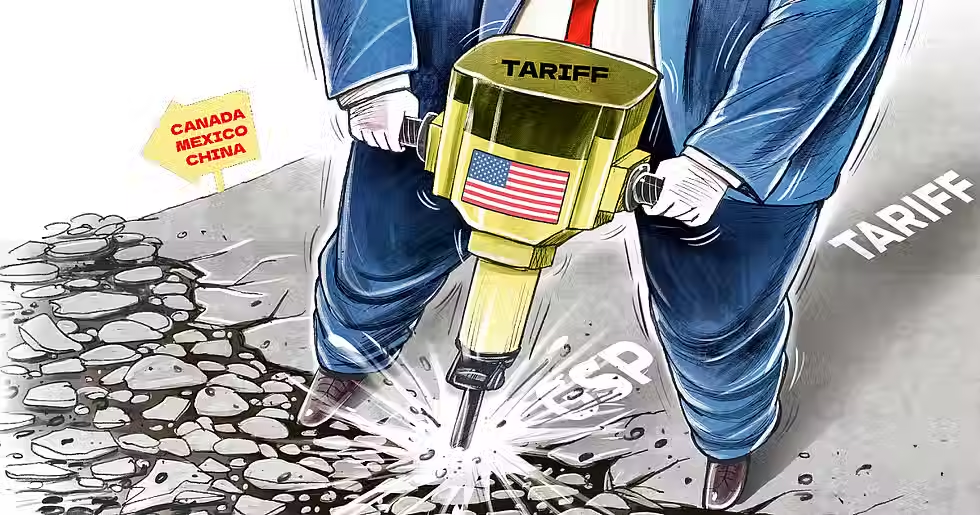Q2 2024 Outlook
- Alex Leonida, CFP®, CIMA®

- Apr 22, 2024
- 3 min read

April 2024
Issue #2
Market corrections are inevitable.
THE BIG 3
__
Inflation is sticky
Higher inflation seems to be sticking around, and it will impact growth in one way or another.
__
War
How do risk assets react to geopolitical tension?
__
Volatility
Vol has been subdued for the last 6 months – expect that to change.
Inflation
The Federal Reserve tried to squash inflation over the last 18 months, but price increases have proven to be pretty darn sticky.
As noted last quarter, government spending has been highly stimulative to the US economy. GDP accelerated again in Q1, although publicly traded companies are showing weakness in earnings and growth.
The “shadow stimulus” coming from government hiring, infrastructure spending, and haphazard debt forgiveness has offset higher interest rates from the Fed.
With an election right around the corner, more spending from the current administration seems likely. This, coupled with a Fed wary of forcing us into a recession, has and will lead to higher-for-longer inflation.
Volatility
This is a nifty (and busy) visual from the Stock Traders Almanac. While we discuss volatility ALL THE TIME, it is important to note corrections happen on an average, about once per year. Granted, they are normally less than 10-12%. In presidential election years, the average correction is 13% for the Dow and S&P. This number balloons to an average correction of 21% for the Nasdaq. As noted last quarter, the markets average a positive rate of return in excess of 7%, even though there is almost always volatility along the way.
Given how tempestuous this campaign season will likely be, nobody should be surprised if volatility hangs around all summer long.
War
Now that Iran seems to be in the mix (formally) with Israel and Hamas, history has some important lessons for us. Israel engaged in roughly 10 wars since 1946. None of these conflicts have driven pronounced volatility in US stocks. To that end, safe-haven investments have a tendency to perform well when there is a major conflict anywhere in the world. When focusing on the Middle East we generally see increased price volatility in both oil and natural gas. The latter is not as sensitive to Middle Eastern conflict as it used to be, however, the simultaneous war in Ukraine may put more pressure on gas prices if war drags into another winter.

The Bottom Line
Due to the aggressive inflationary pressures prevalent in the economy, we still believe the market will be in for a choppy ride. Price discovery is difficult when monetary and fiscal policy are at odds.
We still firmly expect multiple corrections this year with a potential rebound into year end. Peaceful outcomes in both Israel and Ukraine would ease some of these pressures and provide a more stable investing environment. Unfortunately, I’m not bullish on peace at the moment.
Any opinions are those of Alexander Leonida. The information contained in this document does not purport to be a complete description of the securities, markets, or developments referred to in this material. There is no assurance any of the trends mentioned will continue or forecasts will occur. The information has been obtained from sources considered to be reliable, but CFG does not guarantee that the foregoing material is accurate or complete. This newsletter: (a) is not an official transaction confirmation or account statement; (b) is not an offer, solicitation, or recommendation to transact in any security; and (c) may not be retransmitted to, or used by, any other party. Investment products are: Not deposits. Not FDIC or NCUA insured. Not guaranteed by the financial institution. Subject to risk. May lose value.








Comments